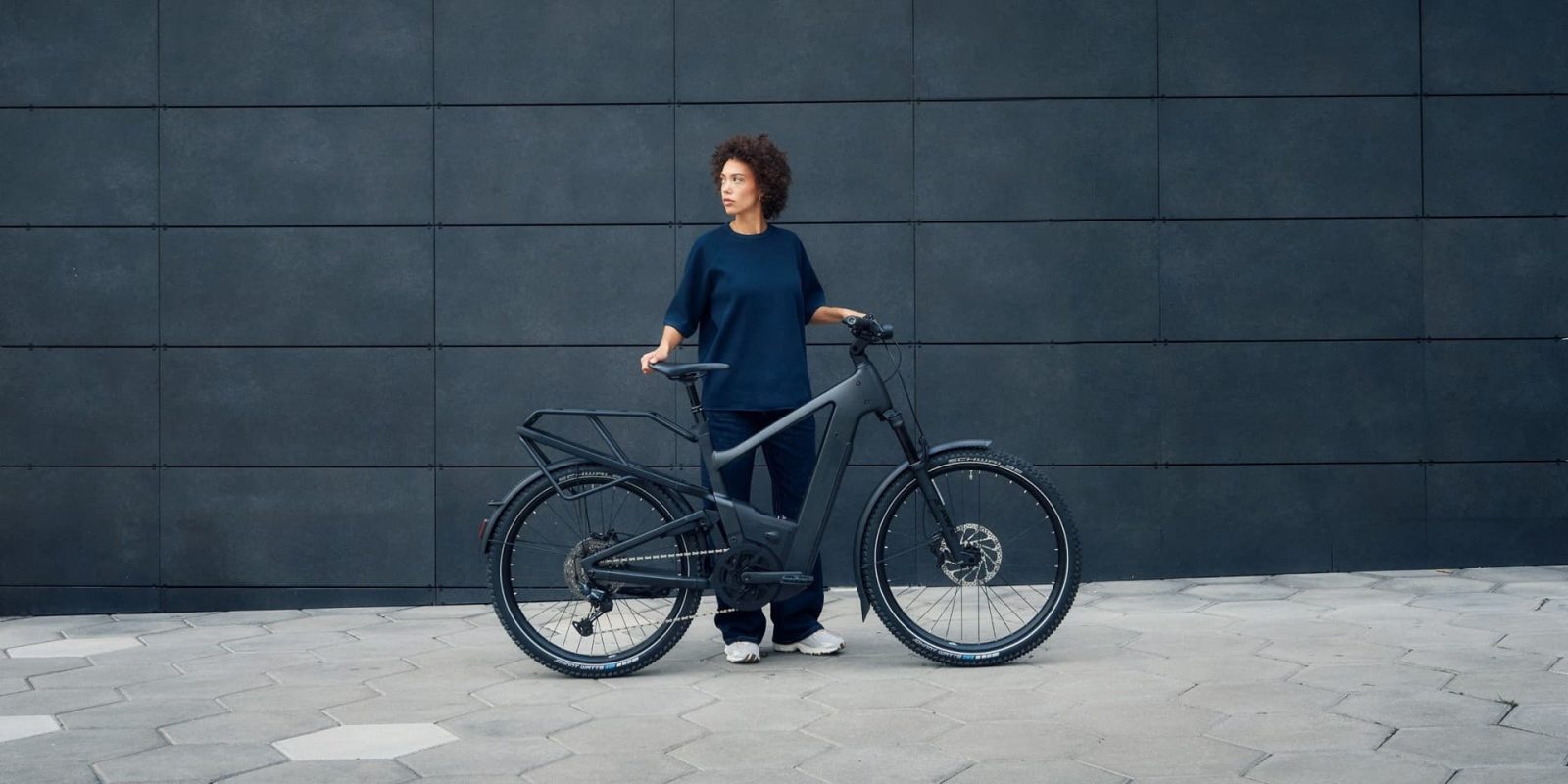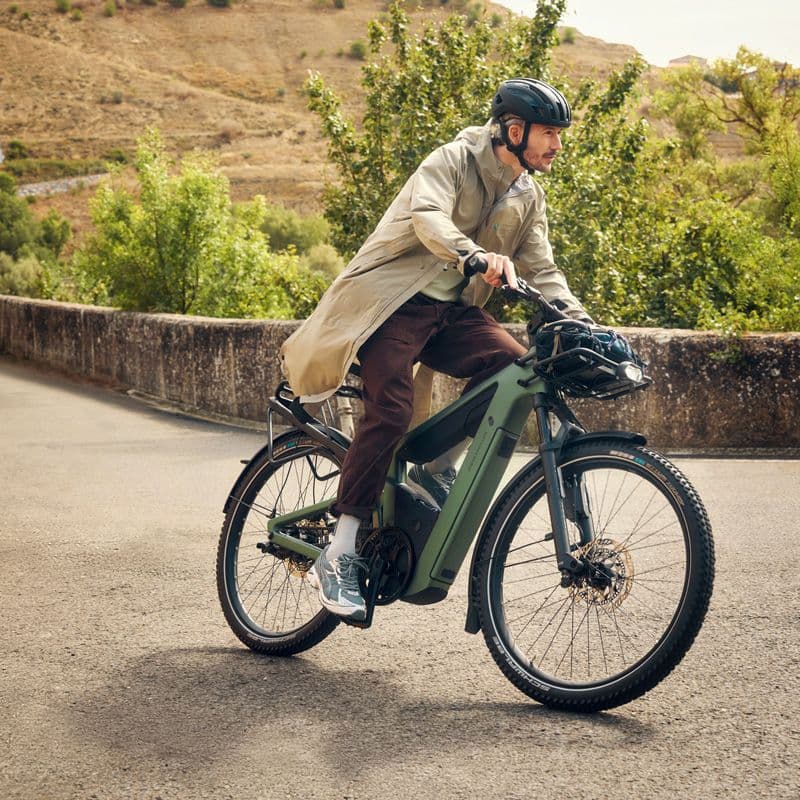
In a move that underscores the growing instability in international e-bike trade, premium electric bike maker Riese & Müller has paused all e-bike shipments to the United States, citing unpredictable steel tariffs as the final straw.
The German brand, known for its high-end urban and cargo e-bikes, informed US dealers this week that it is halting exports for the foreseeable future. While the company pointed to the recent reinstatement of a 50% tariff on certain steel components from overseas, including Germany, the broader issue here seems to be the chaotic and ever-shifting tariff landscape surrounding e-bike imports.
“We need to take a few days to carefully evaluate this situation and its implications before proceeding with further steps,” explained the company in an email to its dealers in the US, according to Bicycle Retailer.

This isn’t the first time tariffs have disrupted the flow of electric two-wheelers into the US. The Trump administration’s Section 301 tariffs targeting Chinese goods initially shook up the industry during the administration’s first term, hitting Chinese-made e-bikes and components with 25% duties before being temporarily suspended. Those tariffs whipped back and forth as exclusions came and went, then became a double whammy after the Trump administration’s “reciprocal” tariffs added even more hardships to e-bike importers in the US. And now, as of July 1, additional steel tariffs have expanded the uncertainty.
What’s unusual in Riese & Müller’s case is that most e-bikes – even expensive ones – use relatively little steel compared to aluminum. Frames, forks, wheels, and most structural components are increasingly made from aluminum alloys or carbon fiber. But with the tariff code system as vague and inconsistently enforced as it is, it seems R&M simply doesn’t want to take the risk of unexpected import costs – or the administrative mess that comes with it, including having to account for how much of a bike is produced from steel components and what the value of those components proves to be.
The impact on the US market will likely be minor in volume; Riese & Müller is a premium but somewhat boutique brand with a loyal yet small customer base. Still, this is a canary in the coal mine. If even premium brands are choosing to step away from the US market over tariff unpredictability, what happens when larger, mass-market brands start running into similar issues?
For now, dealers in the US are being told to sell through existing stock and not take additional orders until the company can determine whether it will be able to continue importing e-bikes into the US. But if the trade war tariffs contineu, this may not be the last premium brand to throw in the towel – at least temporarily.

Electrek’s Take
This isn’t just about one German e-bike brand putting things on pause – it’s a red flag for the industry. While Riese & Müller may be small in terms of US volume, their decision shows how unpredictable tariffs, even on seemingly minor components, can create enough uncertainty to shut down an entire market channel. Most e-bikes are made primarily from aluminum, not steel, but when customs enforcement can interpret tariff codes in vague or inconsistent ways, no brand wants to gamble on a five-figure shipment getting hit with a surprise 25-50% fee.
What’s more concerning is that this adds to a growing stack of trade policy hurdles facing e-bike makers: China-focused tariffs, broader “reciprocal” tariffs, battery import duties, and now steel restrictions hitting European brands too. There’s no coherent strategy here, just a patchwork of protectionist measures that hurt importers, confuse dealers, and raise prices for consumers. If the US wants to promote micromobility and clean transportation, it’s going to need smarter policies than this.
FTC: We use income earning auto affiliate links. More.













